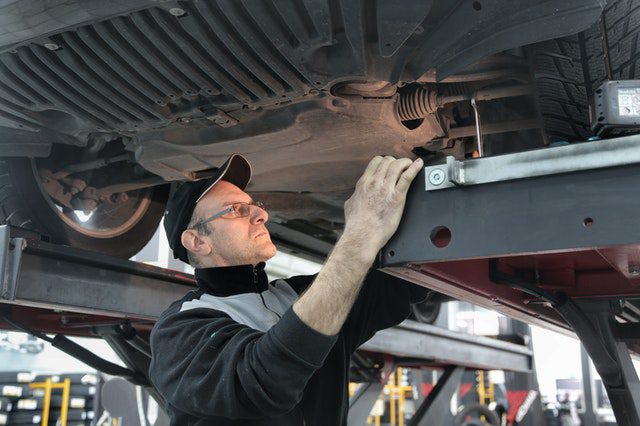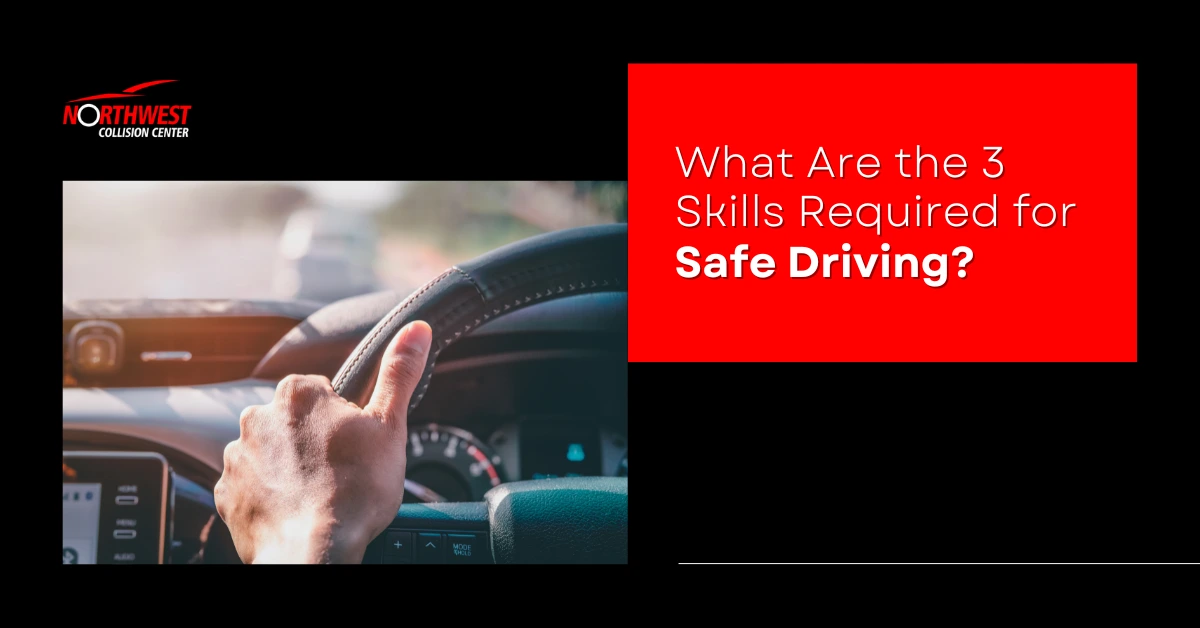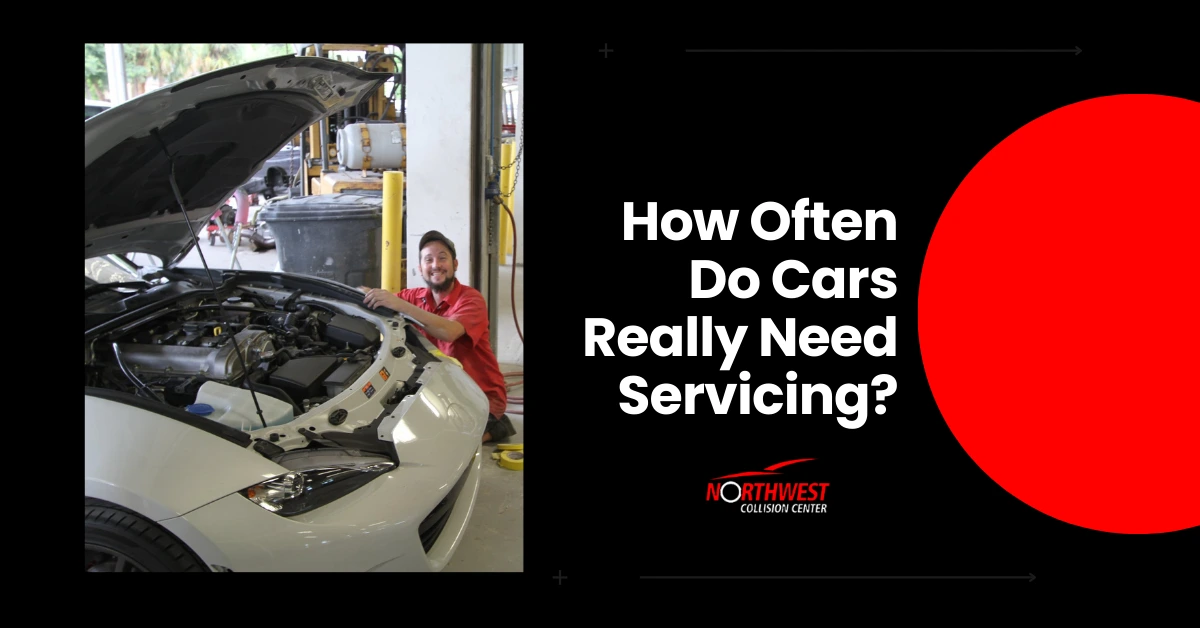Doing repair work of your vehicle is often a tricky task. Whether it is the treatment to a fender bender, or a serious door ding, quality care for vehicle always demands attention from the owner. To avoid any unnecessary follow up on the repair work, try taking note of the following points:
Check Labor Quality
Before you commence with your vehicle’s repairs, it is important to have a look at the skills of labor at the repair shops. This will allow you to better assess which service to avail since many shops are famous for their specific labor service. Therefore a quick check will surely help you in giving better care to your vehicle.
See if There is a Possibility of Paintless Dent Repair
Some repairs can be fixed via paintless dent repair. This process is often more efficient than the traditional repair mechanisms that are applied by the shops. The paintless dent repair process allows the technicians to repair dents without involving painting, body filler or sanding. So do inquire about this process as it will surely let your vehicle attain some quality repair treatment.
Try Repairing Minor Damages by Yourself
Vehicle owners do not realize that many damages are so simple in nature that these can be easily managed with little efforts on their behalf. So, if you face minor scratches or door jamb then try fixing them by yourself. Also, there seems to be tons of assistance material present at the internet that can aid you in the repair effort. So, give the repair treatment a try and you might end up doing a better job than many professionals.
Replace Your Old Parts
Sometimes, it is better to replace any damaged part than to repair it. Items like bumpers or fenders should be replaced instead of repairing. So invest in the replacement process as it will surely give your vehicle better overall benefits.










